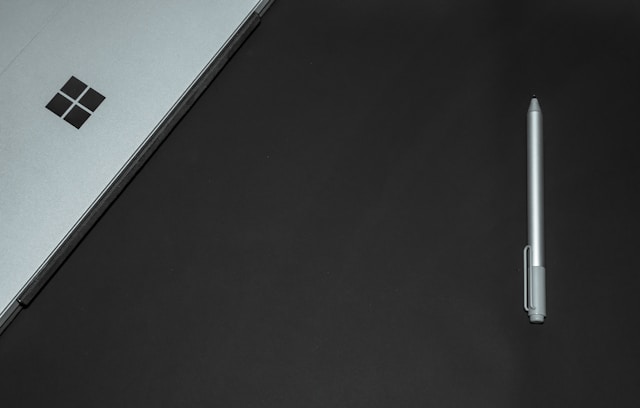
Nvidia has just unveiled its latest artificial intelligence (AI) chip, claiming it can perform certain tasks a whopping 30 times faster than its predecessor. The company, boasting an impressive 80% market share, is aiming to solidify its position as a dominant force in the industry.
At its annual developer conference, Nvidia’s CEO Jensen Huang not only introduced the B200 “Blackwell” chip but also outlined a suite of new software tools. Despite the tech-heavy agenda, Huang kicked off the event with a light-hearted quip, jesting, “I hope you realise this is not a concert.”
Nvidia, currently the third most valuable company in the US after Microsoft and Apple, has seen its shares surge by a staggering 240% in the past year. Its market value reached a staggering $2 trillion (£1.57 trillion) last month, indicative of its growing influence.
The company’s latest chip isn’t just about raw power; it’s also about efficiency. The new software tools, dubbed microservices, promise to streamline system operations, making it easier for businesses to integrate AI models into their workflows.
In terms of application, major players like Amazon, Google, Microsoft, and OpenAI are expected to harness Nvidia’s flagship chip for cloud-computing services and their own AI projects. Moreover, Nvidia isn’t limiting its innovations to the digital realm. It has announced a new line of chips for automobiles capable of running chatbots directly within the vehicle.
Chinese electric vehicle manufacturers BYD and Xpeng have already signed on to adopt Nvidia’s new chips, showcasing the company’s global reach. Additionally, Nvidia is delving into the realm of robotics with a new series of chips tailored for creating humanoid robots, as demonstrated by several bots joining Huang on stage.
Founded in 1993, Nvidia initially made a name for itself producing graphics processing chips for computer gaming. However, its strategic investments in machine learning capabilities have positioned it as a key player in the AI revolution.


